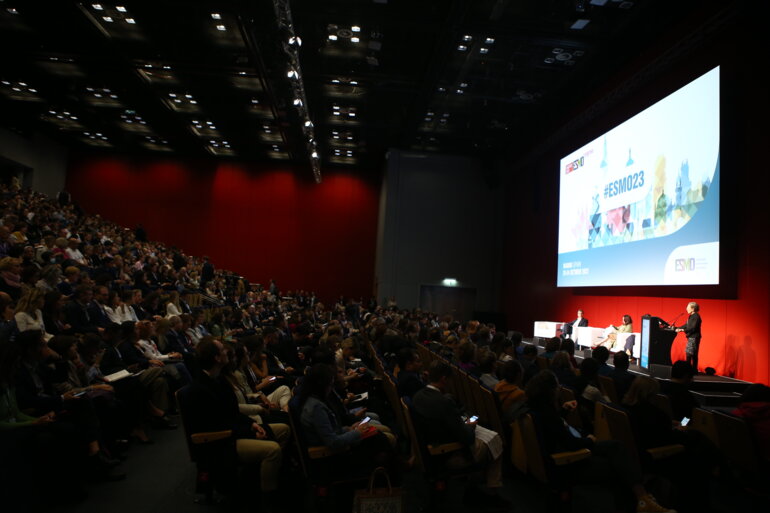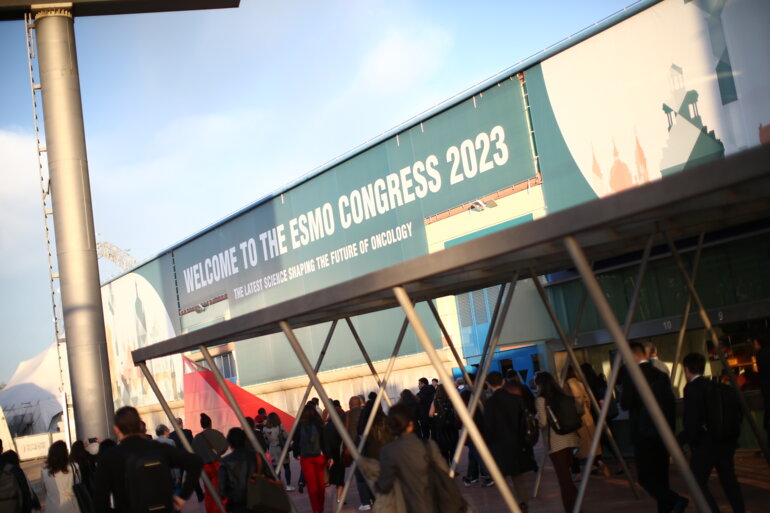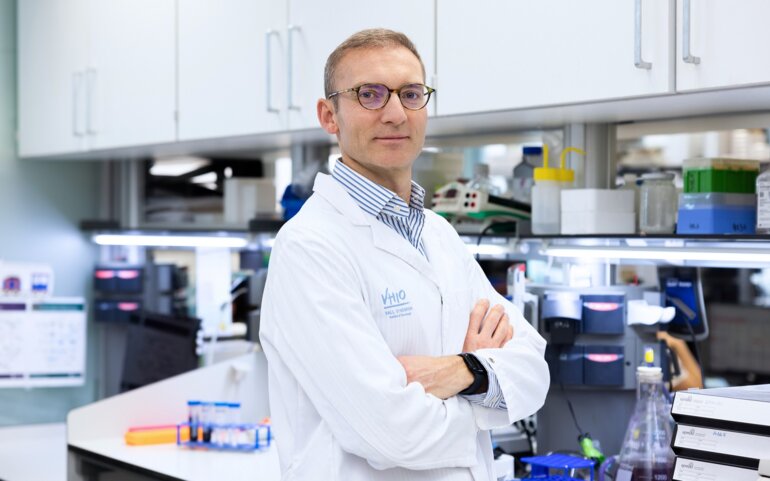
How to integrate the social determinants of health in cancer care
Increasing data show that they are indicators of inequitable environments which may negatively impact on cancer outcomes, but more efforts are needed to properly assess them in oncology








